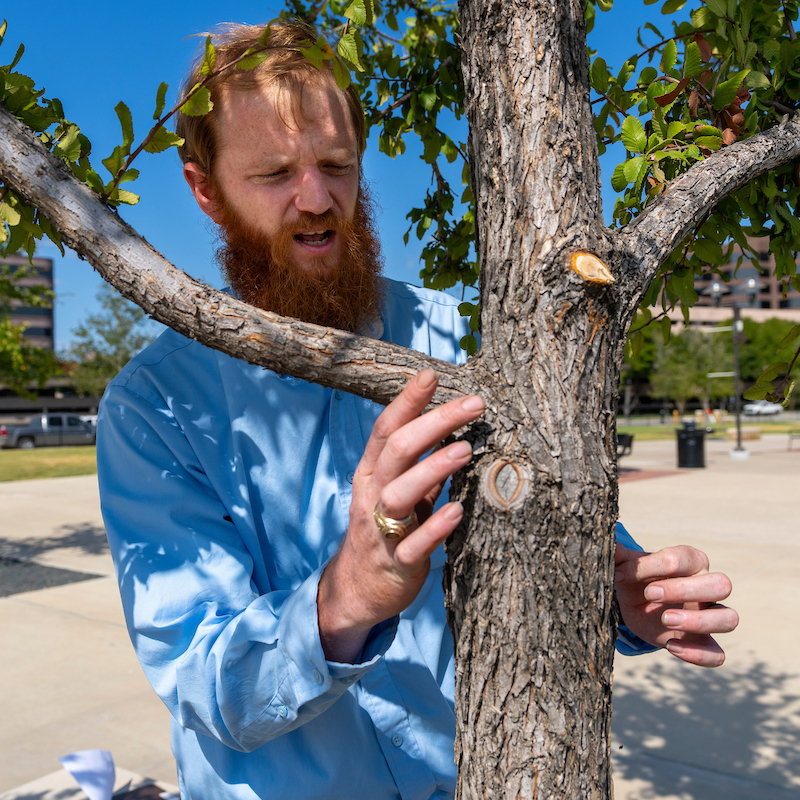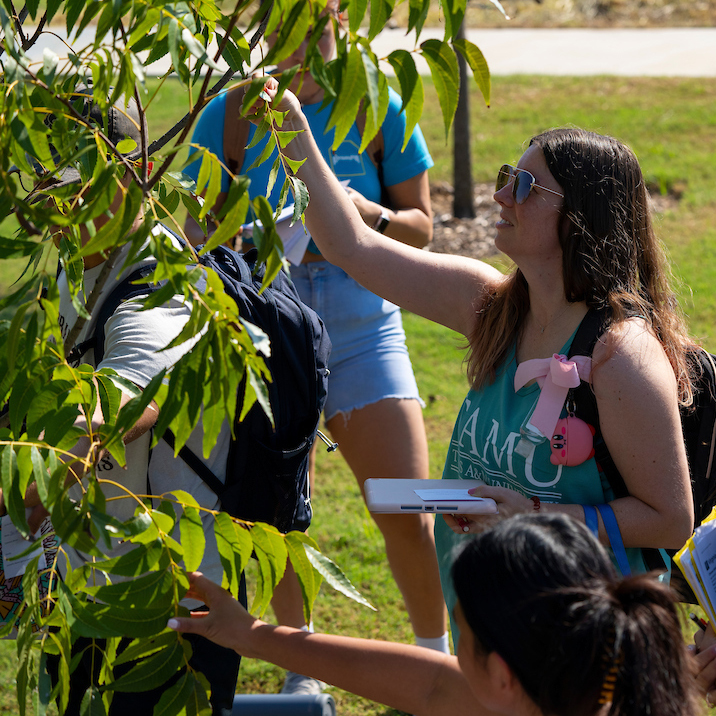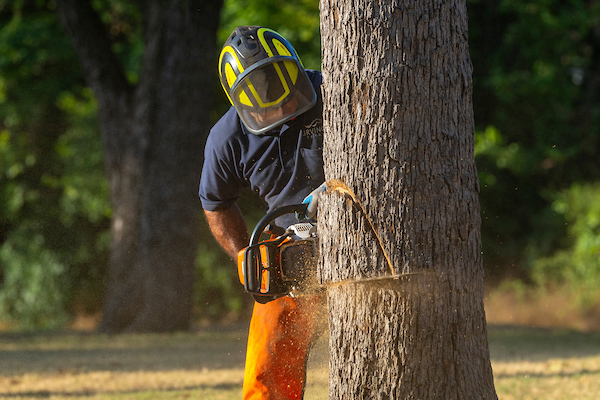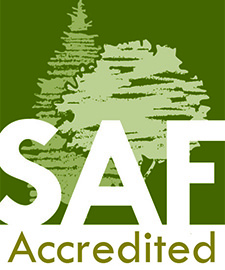The Forest Resources track at Texas A&M University is accredited by the Society of American Foresters (SAF) under the Forestry Standard. Our curriculum is designed to train students in traditional forestry while adapting to the evolving landscape of forest resource management.
Students gain a comprehensive understanding of the natural resource base, assessment methods, interdependencies, trade-offs, and the shifting value systems that influence land management decisions. Additionally, the program introduces students to critical and emerging areas such as forest insects and diseases, forest fire management, forest genetics, remote sensing, and climate change.
Program Details
- Degree: B.S. Ecology and Conservation Biology
- Credit Hours: 120 total credit hours
Forestry at Texas A&M
Established in 1969, the Forestry Program at Texas A&M University has a long-standing history of excellence. The undergraduate Forestry degree in the Department of Forest Science received its initial SAF accreditation in 1975 and has maintained this status through various academic reorganizations.
The creation of the Department of Ecology and Conservation Biology (ECCB) integrated forestry, wildlife science, spatial science, ecology, and conservation biology, bringing together diverse faculty and students and strengthening the foundation of our Forestry Program while maintaining the traditional forestry education.


Program Learning Outcomes
The Forest Resources Track meets the PLOs that are closely aligned with the core competency requirements for accreditation by the Society of American Foresters. The subject-specific PLOs are:
- Apply concepts in ecology and conservation biology to forest resource management,
- Demonstrate the ability to measure forest resources,
- Explain forest resource policy, economics, and administration,
- Implement silviculture and forest management,
- Communicate effectively across multiple mediums.
- Foster analytical and critical reasoning skills,
- Develop recognition of connections among natural, technical economic, and social systems,
- Demonstrate professional behaviors,
- Develop professional ethical behaviors.
Forest Resources Community
The Department of Ecology and Conservation Biology strives to create a welcoming environment to enhance a sense of belonging, beginning with the ECCB Climate Committee.Our active SAF student chapter, including both undergraduate and graduate students, also fosters an engaging learning community.
SAF Code of Ethics
The Forest Resource Track of the B.S. in Ecology and Conservation Biology is accredited by the Society of American Foresters (SAF) under the Forestry Standard. The members of the SAF assume a special responsibility to the profession and society by promising to uphold and abide by the society’s Code of Ethics (eforester.org).
Career Options in Forest Resources
The Forest Resources Program equips students with the knowledge and skills needed for a wide range of career opportunities and next steps:
- Professional forester
- Natural resources specialist with government agencies
- Positions in forest resource companies, conservation and environmental organizations, forestry consulting firms, and urban forestry companies
- Graduate degrees in natural resources

Contact Us
Email [email protected] or contact one of our advising team members:



